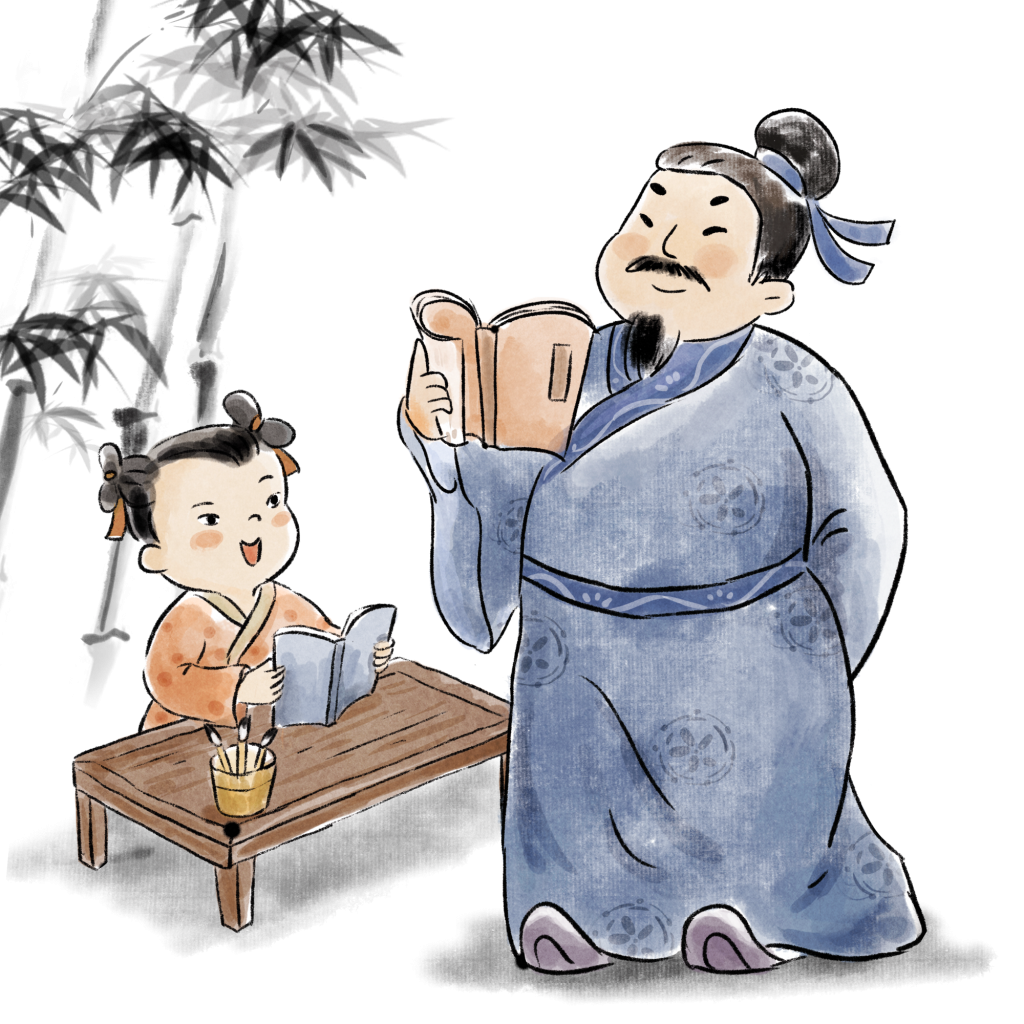Unlock the Idioms
每一轮限时 30 秒。答对即可解锁以下内容:
Each round is limited to 30 seconds. Upon a correct answer, you will unlock:
成语释义|Idiom Meaning 示例句子|Example Sentence 文化背景|Cultural Background

玩法简介|How to Play
请在打乱的汉字中,拖动或点击排列,拼出一个正确的成语。
Drag or click to rearrange the scrambled Chinese characters to form a correct idiom.
完成一轮后将自动进入下一关,看看你能拼出多少成语吧!
After each correct round, you’ll move on to the next challenge. How many idioms can you master?

成语 Chinese Idioms
Discover the wisdom of Chinese culture through concise and meaningful four-character expressions.
歇后语 Chinese Puns
Play with words and enjoy the humor hidden in these clever two-part expressions.


典故 Allusions & Stories
Learn how historical events and literature have shaped modern Chinese expressions.

谚语 Chinese Proverbs
Explore the everyday wisdom passed down through generations in short and powerful sayings.
Curious About Chinese?
Chinese uses imagery, compact structures like four-character idioms (chéngyǔ), and layered cultural meanings to express complex ideas with few words. This visual and symbolic richness makes the language efficient and poetic.
Idioms (chéngyǔ) are often classical, concise, and allusive. Proverbs (yànyǔ) are more practical and come from everyday wisdom. Xiehouyu are humorous two-part phrases, often with a pun or hidden meaning in the second part.
Absolutely. They appear in advertising, social media, diplomacy, and literature, helping express values, humor, and wisdom with cultural depth.
Pinyin helps you pronounce words correctly and is essential at the beginning. However, learning characters early helps build stronger reading skills and cultural understanding. A combined approach is most effective.
Chinese idioms usually have exactly four characters and are often rooted in classical texts or historical stories. They are fixed expressions, not easily modified, and their meaning is often not literal. If you can’t guess the meaning from the words directly—it might be a 成语.
Both! Idioms and proverbs are often used in everyday speech—especially in formal or witty conversations. Native speakers use them to sound clever, humorous, or culturally aware. But be careful: some idioms are very literary and best kept for writing.
